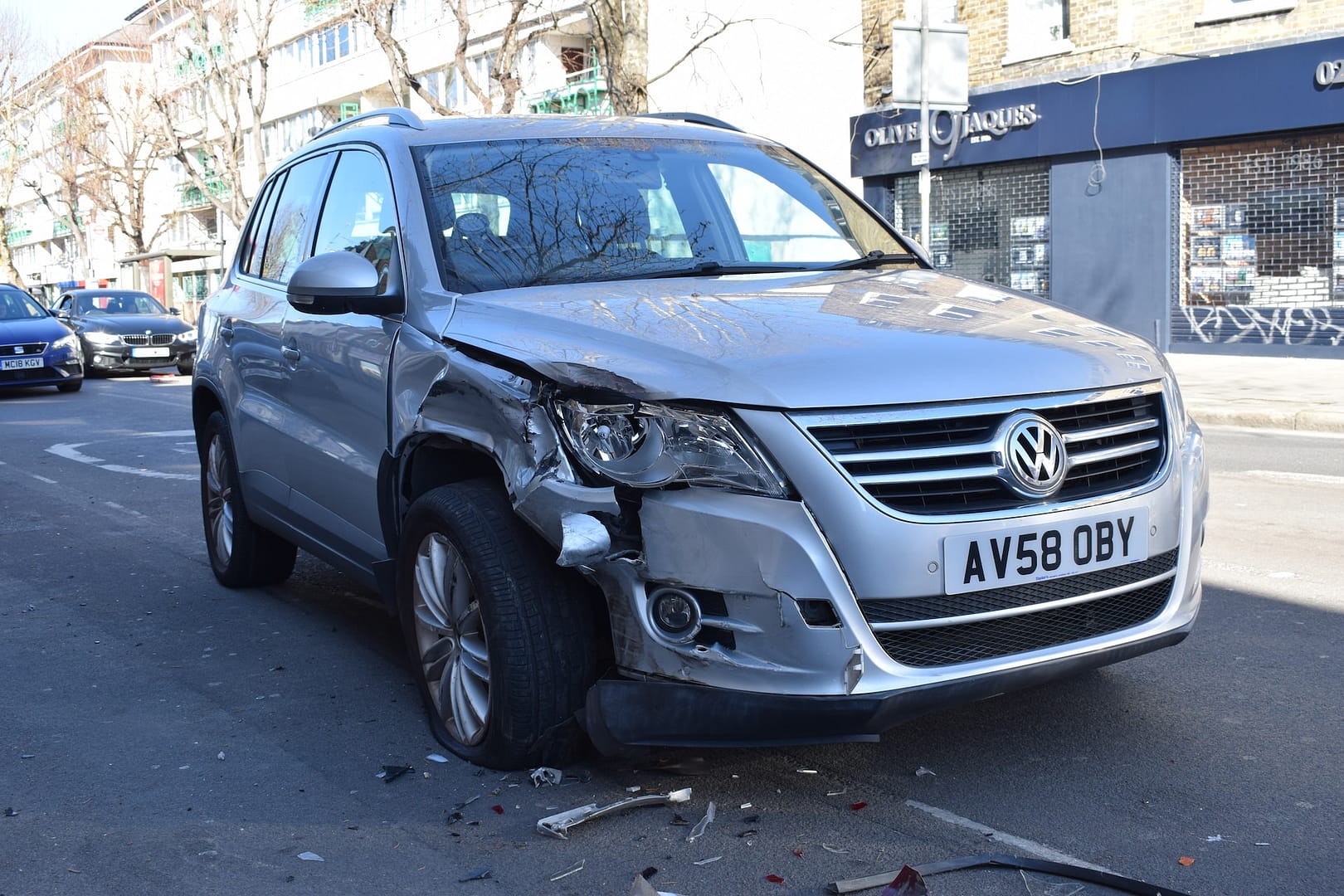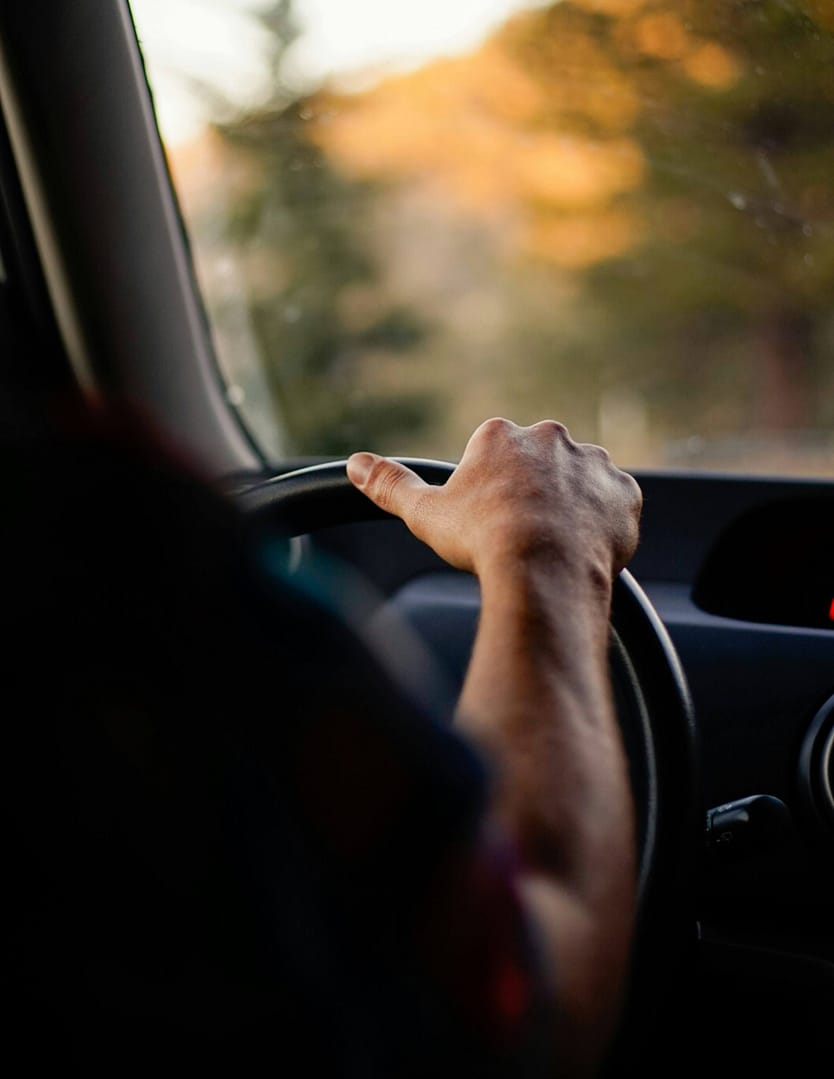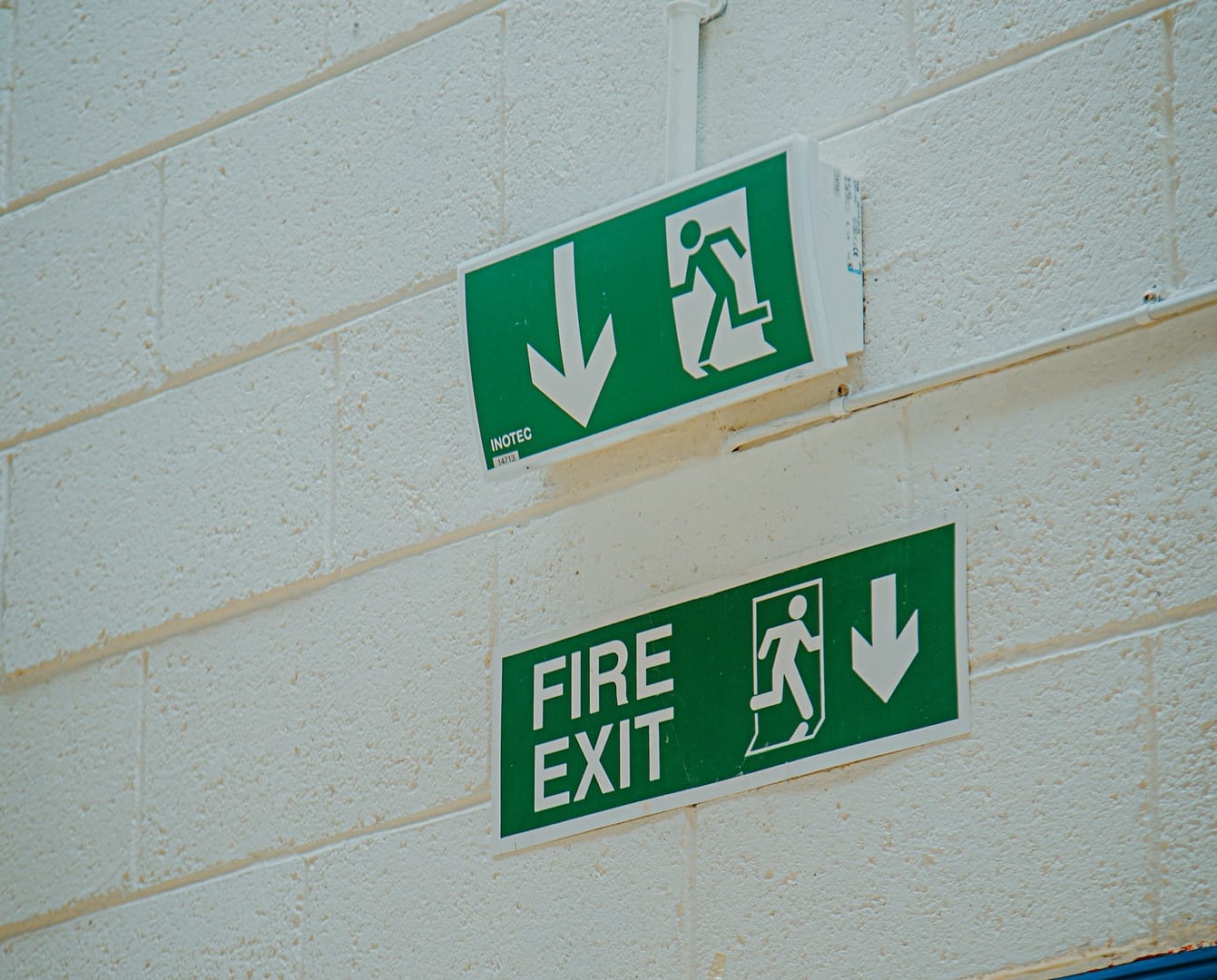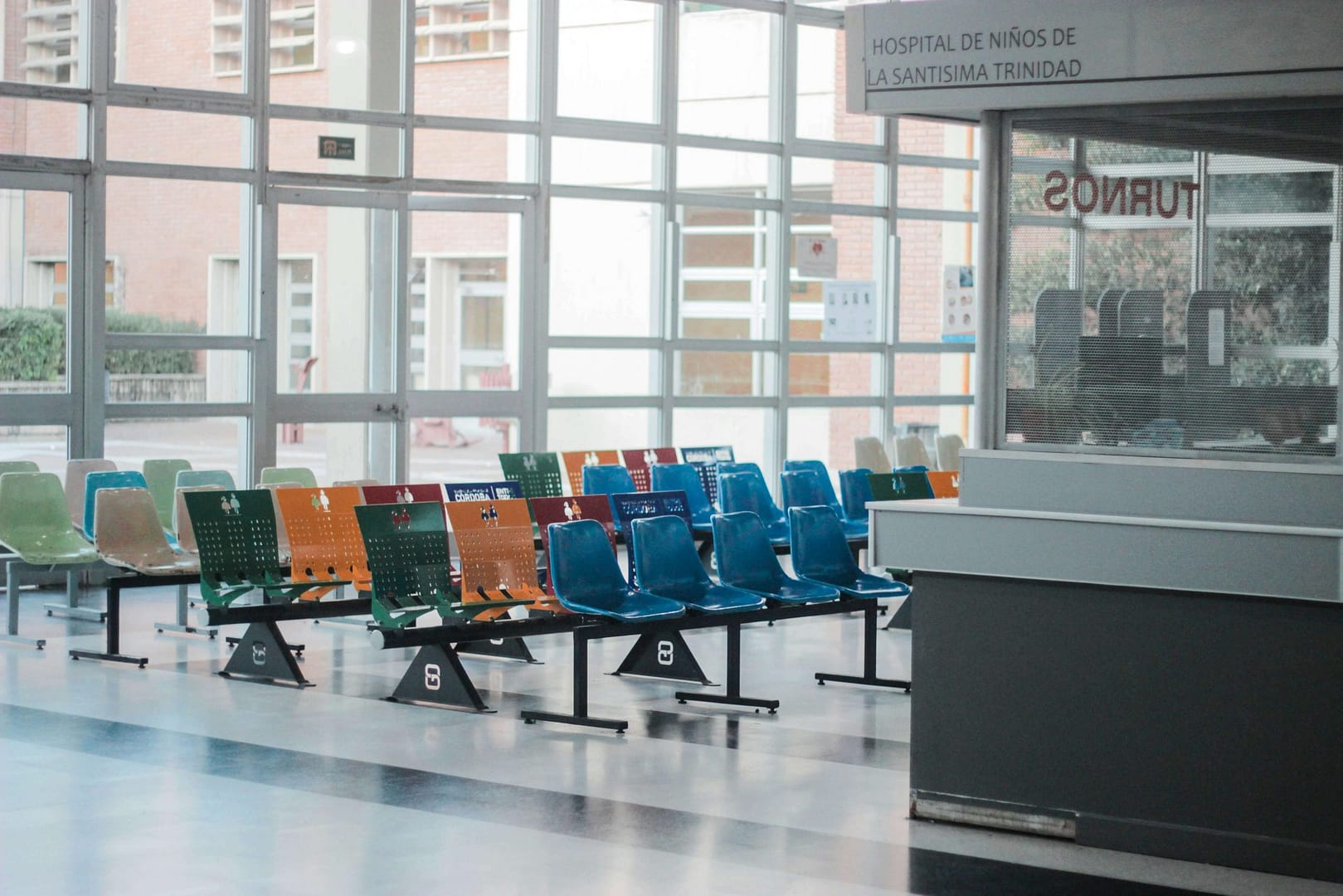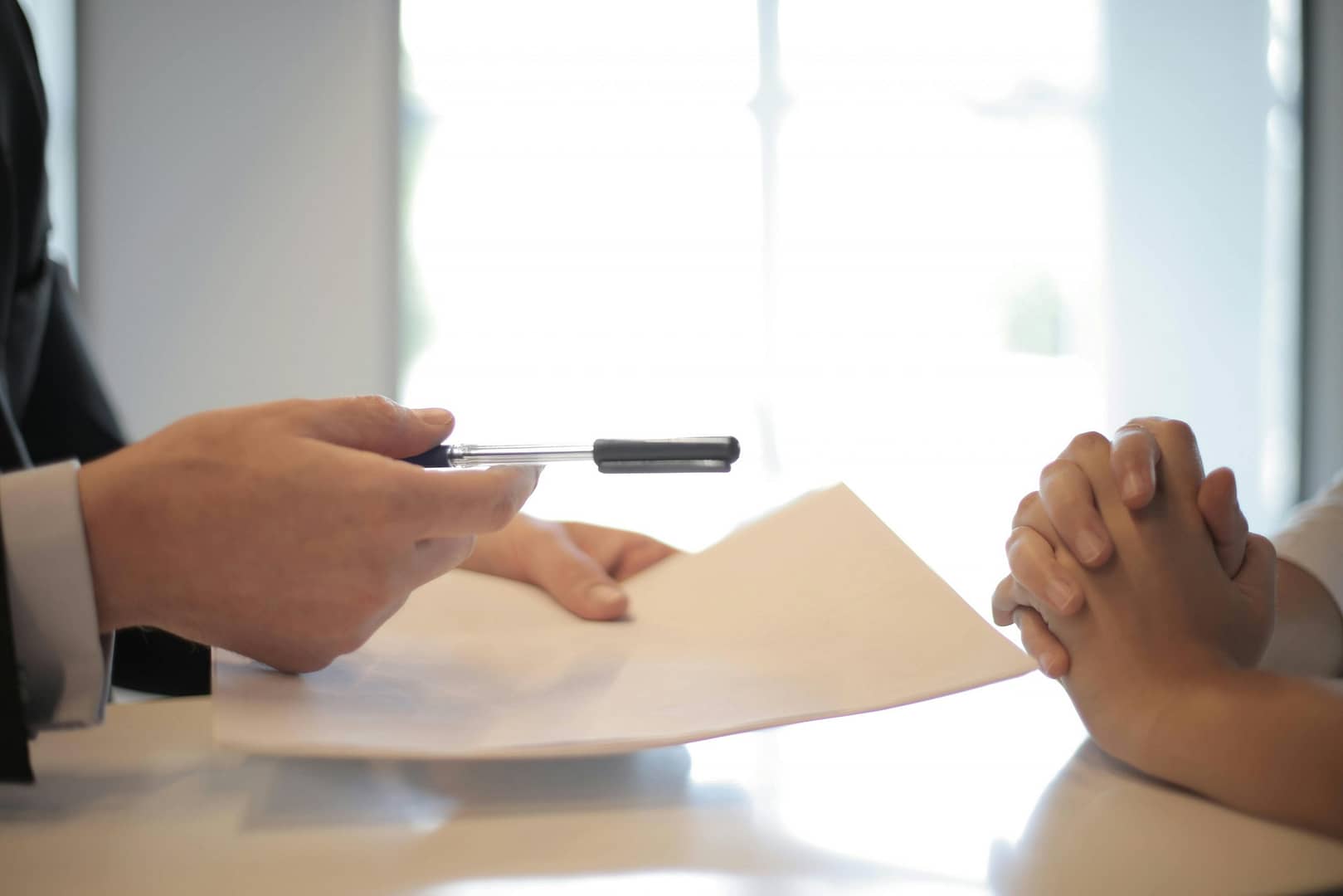When we think about the hustle and bustle of daily life, one thing that inevitably comes to mind is the constant movement of vehicles on the road. While roadways serve as the arteries of our modern world, they also bear witness to a myriad of accidents, each with its unique set of circumstances and consequences. In this article, we will delve into the world of road accidents, exploring the most common types and the primary causes behind them. We will also explain how best to start a road traffic accident claim.
Common Types of Road Accidents
Rear-End Collisions
Imagine you’re stuck in traffic, inching forward at a snail’s pace, when suddenly, your car jerks forward. You’ve just experienced a rear-end collision, one of the most common types of road accidents. These accidents typically occur when a vehicle fails to stop in time and crashes into the vehicle in front. The results can range from minor fender benders to more severe accidents, depending on the speed and force of impact.
T-Bone or Side-Impact Collisions
Picture this: you’re at an intersection, waiting for the light to turn green, when a car coming from the side barrels into your vehicle. This is a T-bone or side-impact collision, often caused by a failure to yield the right-of-way or running a red light. Such accidents can be particularly dangerous due to the limited protection offered by the sides of a vehicle.
Single-Vehicle Accidents
Sometimes, accidents don’t involve multiple vehicles. Single-vehicle accidents occur when a driver loses control of their vehicle and crashes into a stationary object like a tree, pole, or guardrail. These accidents are often attributed to factors such as speeding, distracted driving, or adverse weather conditions.
Head-On Collisions
Head-on collisions are among the most severe and deadly accidents on the road. In such cases, two vehicles collide directly with their front ends. These accidents often result from factors like reckless overtaking, driving on the wrong side of the road, or falling asleep at the wheel.
Hit-and-Run Accidents
Hit-and-run accidents involve a driver who flees the scene after causing an accident, leaving the victims and authorities to deal with the aftermath. These incidents can compound the physical and emotional trauma experienced by those involved.
Multi-Vehicle Pileups
Multi-vehicle pileups, often seen on highways and during adverse weather conditions, involve numerous vehicles colliding in a chain reaction. Fog, heavy rain, or icy roads can reduce visibility and traction, contributing to these large-scale accidents.
Pedestrian and Cyclist Accidents
Accidents on the road aren’t limited to just vehicles. Pedestrian and cyclist accidents occur when individuals on foot or bicycles are struck by cars or other vehicles. These accidents can be particularly devastating, given the vulnerability of pedestrians and cyclists.
Rollover Accidents
Rollover accidents involve a vehicle flipping over onto its side or roof. These accidents are often associated with SUVs and trucks due to their higher centers of gravity. Rollovers can result from sudden swerving, overcorrecting, or collision forces.
The Three Primary Causes of Road Accidents
Now that we’ve explored some common types of road accidents, let’s delve deeper into the underlying causes that often lead to these unfortunate events.
Distracted Driving
Distracted driving ranks as one of the leading causes of road accidents worldwide. The widespread use of smartphones, GPS devices, and in-car entertainment systems has significantly contributed to this issue. When drivers divert their attention from the road to check a text message, answer a call, or change the music, their reaction time and situational awareness diminish, increasing the likelihood of accidents.
Speeding
Excessive speed is another significant factor behind road accidents. Drivers who exceed the posted speed limits or drive too fast for road conditions are more likely to lose control of their vehicles and have less time to react to unexpected situations. Speeding not only increases the severity of accidents but also reduces the effectiveness of safety measures like seat belts and airbags.
Driving Under the Influence
Driving under the influence of alcohol or drugs remains a persistent problem on our roads. Impaired drivers often exhibit poor judgment, slower reaction times, and impaired coordination, all of which contribute to accidents. Even small amounts of alcohol or drugs can impair a driver’s ability to operate a vehicle safely.
In addition to these three primary causes, other factors such as reckless driving, adverse weather conditions, and road infrastructure deficiencies can also lead to accidents on the road.
Preventing Road Accidents: A Shared Responsibility
Preventing road accidents is a shared responsibility that involves both individual drivers and society as a whole. Here are some strategies to reduce the likelihood of road accidents:
Stay Focused and Avoid Distractions
To combat distracted driving, it’s crucial to stay focused on the road and avoid distractions. Put your phone away, program your GPS before starting your journey, and resist the urge to engage in activities that divert your attention from driving.
Follow Speed Limits and Adjust for Conditions
Always adhere to posted speed limits, and adjust your speed according to road conditions. Slow down in adverse weather, heavy traffic, or unfamiliar areas to maintain control of your vehicle.
Never Drive Under the Influence
Never operate a vehicle under the influence of alcohol, drugs, or any other substances that impair your judgment and reflexes. Use designated drivers, public transportation, or ridesharing services if you’ve been drinking.
Maintain Your Vehicle
Regular vehicle maintenance is essential to ensure that your car is in optimal working condition. Check your brakes, tires, lights, and other critical components to reduce the risk of mechanical failures that could lead to accidents.
Be Mindful of Vulnerable Road Users
Pedestrians, cyclists, and motorcyclists are more vulnerable on the road. Pay extra attention to their presence, especially at intersections and crosswalks. Give them ample space and always yield the right-of-way when required.
Educate Yourself and Others
Educating yourself and others about safe driving practices is essential. Attend defensive driving courses, stay informed about traffic laws, and discuss safe driving habits with your family and friends.
Advocate for Improved Road Safety
Advocate for improved road safety measures within your community and at the government level. Support initiatives that focus on enhancing road infrastructure, implementing stricter traffic laws, and promoting safe driving behaviors.
Making a Road Traffic Accident Claim with National Claims
At National Claims, we understand that road accidents can be traumatic and life-changing events. That’s why we’re here to guide you through the process of making a road traffic accident claim, ensuring you receive the support and compensation you deserve. In this section, we’ll walk you through the steps of making a claim with National Claims.
Contact National Claims
The first and most crucial step in making a road traffic accident claim with National Claims is to get in touch with us as soon as possible after the accident. Our experienced team is available around the clock to assist you. You can reach us via phone, email, or our website.
Initial Consultation
Once you contact us, we will arrange an initial consultation to gather all the necessary details about your accident. During this consultation, we’ll ask you about the circumstances of the accident, any injuries sustained, and any other relevant information. This information will help us assess the strength of your case.
Legal Assessment
After the initial consultation, our legal experts will assess your case’s merits. We’ll determine whether you have a valid claim and the likelihood of success. If we believe you have a strong case, we’ll proceed to the next steps and will walk you through the claims process.
Gathering Evidence
To build a solid case, we’ll work diligently to gather all the necessary evidence. This may include photographs of the accident scene, witness statements, medical reports, and any other relevant documentation. Our goal is to establish liability and demonstrate the extent of your injuries and losses.

Conclusion
In conclusion, road accidents can have far-reaching consequences, but you don’t have to navigate the aftermath alone. National Claims is here to provide you with the guidance, support, and legal expertise you need to make a successful road traffic accident claim.
From the moment you contact us, our dedicated team will work tirelessly to assess your case, gather evidence, negotiate with insurance companies, and, if necessary, represent you in court. Our goal is to ensure that you receive the compensation you deserve for your injuries and losses.
Remember, you have the right to seek compensation if you’ve been injured in a road accident due to someone else’s negligence. Don’t hesitate to reach out to National Claims for a free consultation and let us help you on the road to recovery. Your well-being and financial security are our top priorities, and we’re here to fight for your rights every step of the way.
Contact us to get started on your claim and speak to one of our claims specialists today.
Click below to see why we are one of the most trusted claims management companies in the UK.

We’re proud of our excellent customer reviews
We thrive on delivering exceptional service and ensuring our clients’ satisfaction. Don’t just take our word for it. Check out some of our independent reviews to see what our clients have to say.
Excellent

This firm is excellent, they sorted out my car pay out and injury claim very fast, they always communicate with you all the time.

My accident case was dealt with confidence and with great result of the outcome, especially James kept me informed all the time.

I was very impressed at the way my inquiry was treated. I was listened to attentively and everything I needed to know was explained to me.


